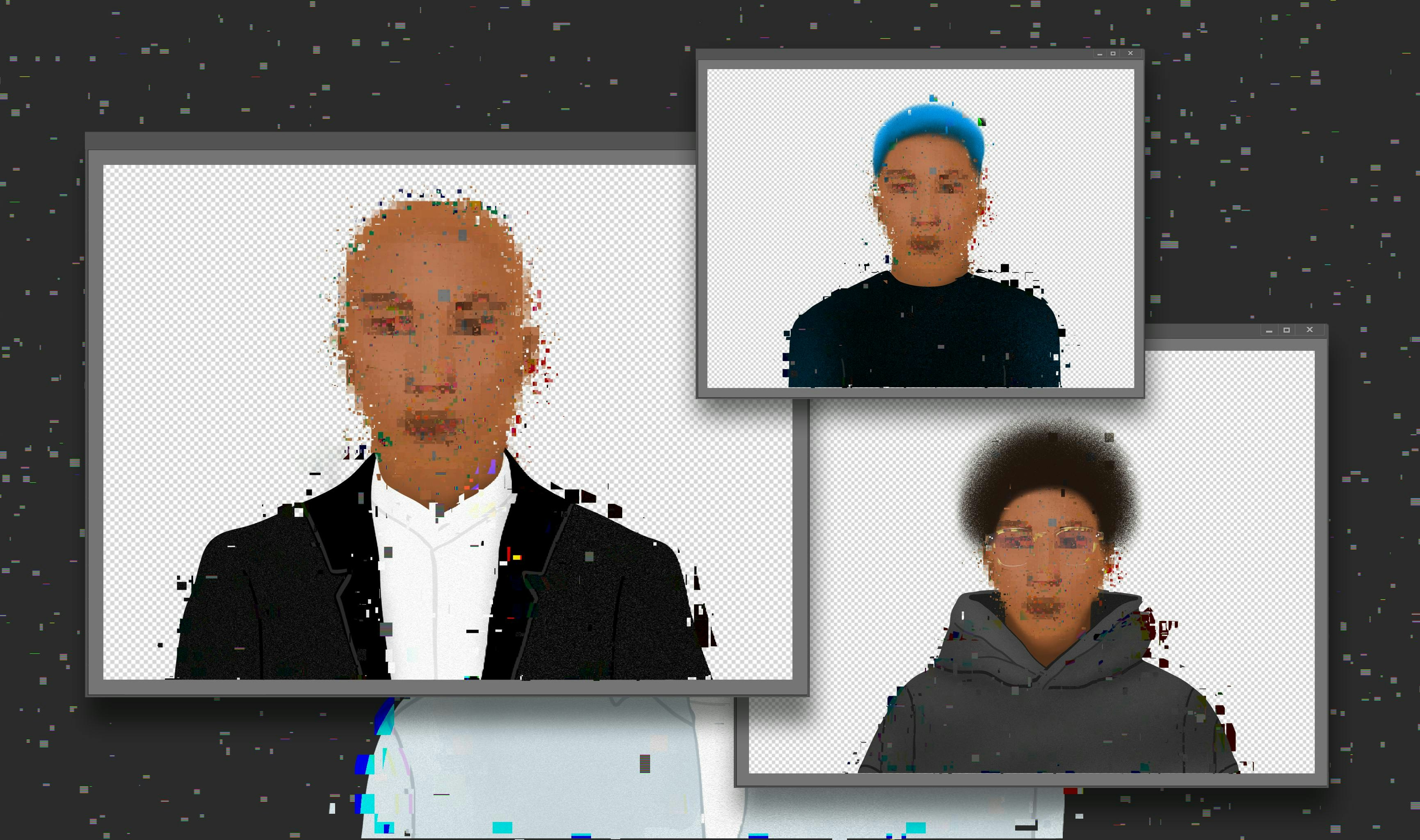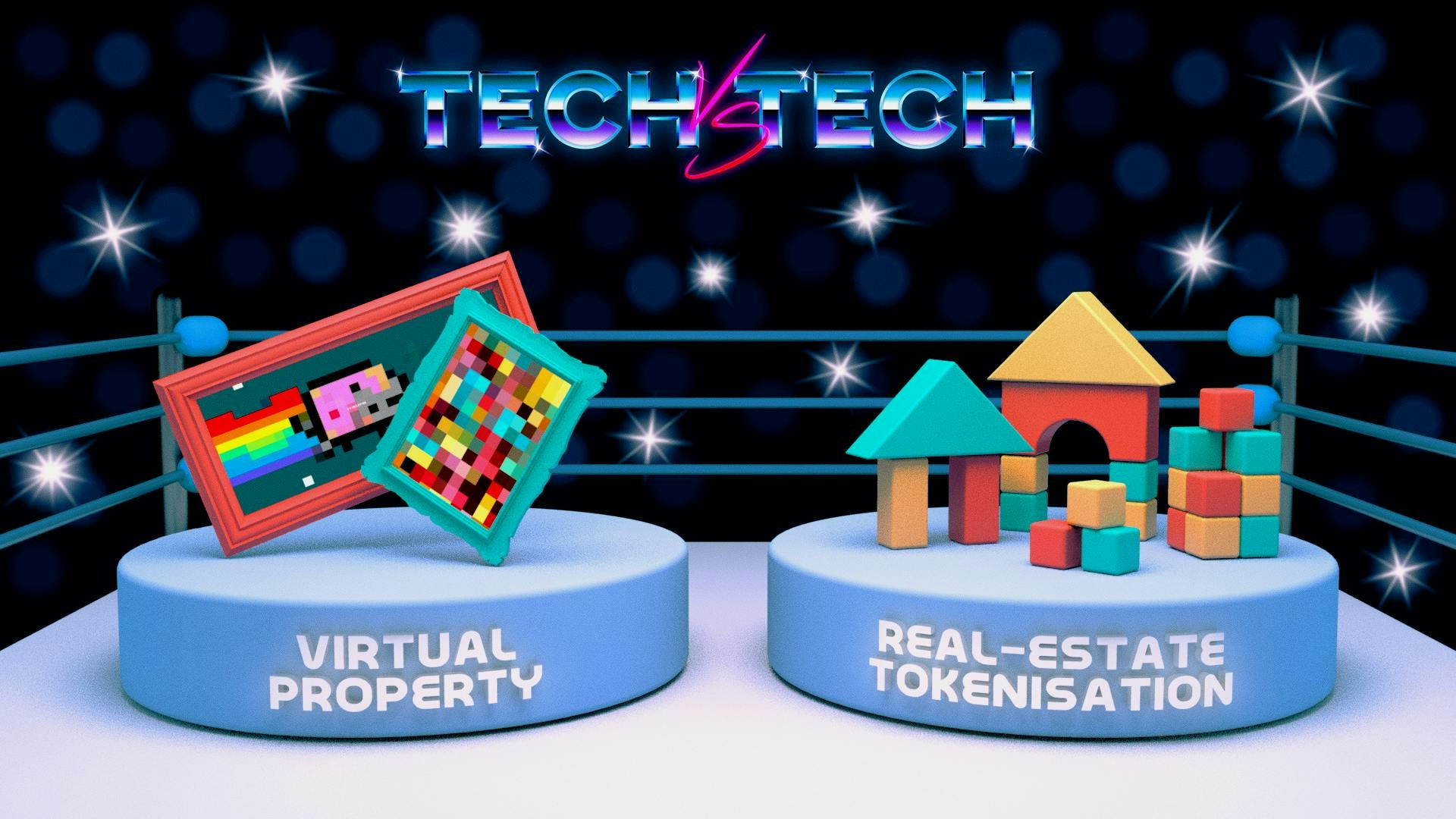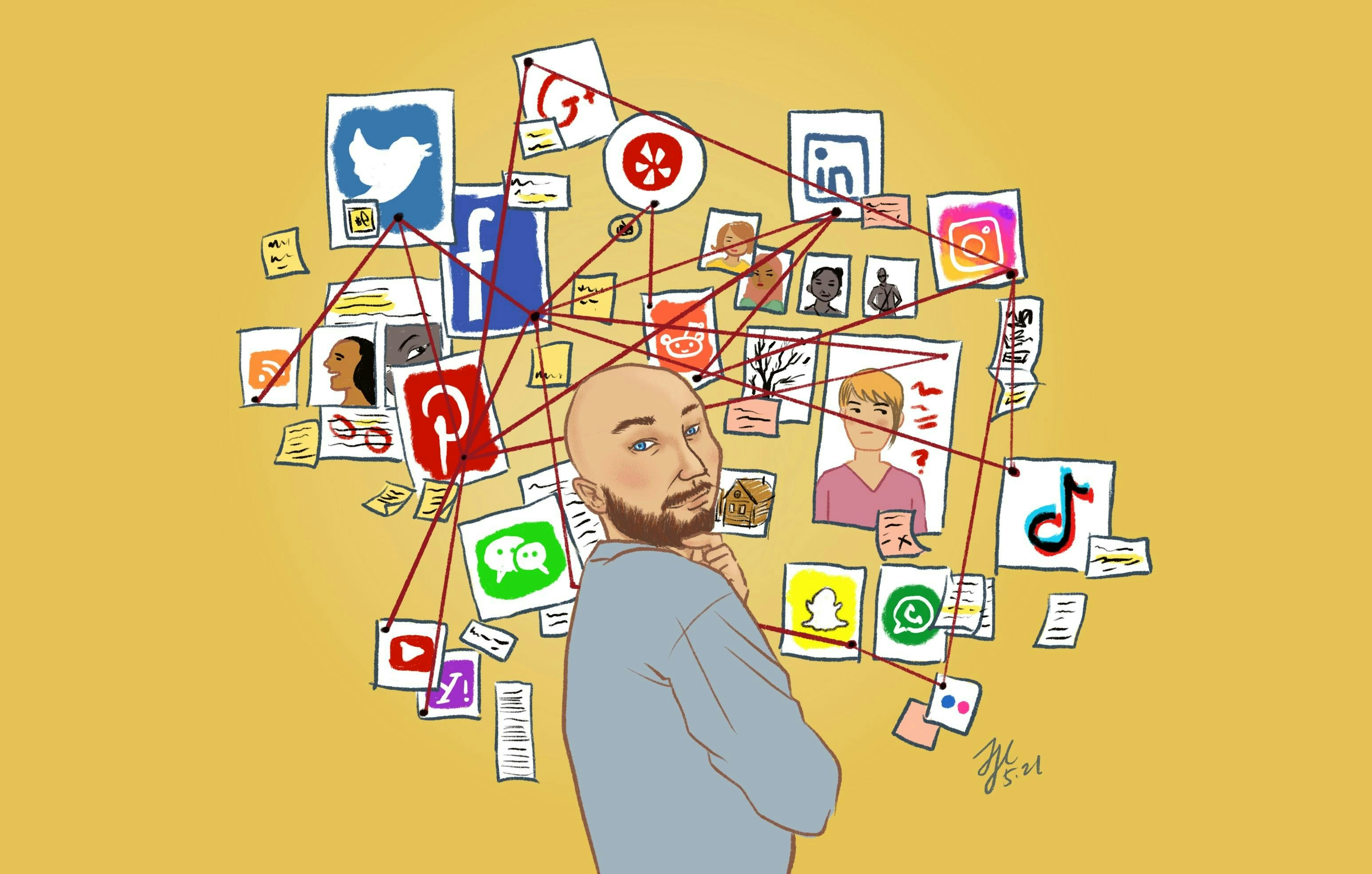Category:
Topic:
02/03
Sophisticated technology analysis made easy
The global data analytics platform for policy makers, investors and corporations financing emerging technology.
03/03
Get in touch
Connect with us in your preferred channel.
Category:
Topic:
02/03
Sophisticated technology analysis made easy
The global data analytics platform for policy makers, investors and corporations financing emerging technology.
03/03
Connect with us in your preferred channel.

Is identity in the online world so different from the offline one? L'Atelier's digital anthropology stream discusses why we think digital selves do and don’t represent something transformative in how we see and understand identity, before looking to the future to consider where things might go.

How does one define a metaverse, and does Fortnite constitute as one? (Second Life users may disagree.) This surprisingly important query is a shorthand for the virtual worlds we want to design, what we intend to do in them… and what it would take to ensure their success.

The following insights are powered by L'Atelier's technology intelligence engine, which analyses BCI trends across multiple data sources.

Virtual influencers, a new generation of “virtual celebrities,” are challenging our perception of fame, influence, and the ethics of manufacturing drama.
A tension exists between creativity and control, and it defines the relationship between users of digital technologies and the organisations that produce and manage them. This tension plays out on a variety of scales.

On its face, nothing could be further from that active-questions philosophy of education than the progressive use of technology in learning. Kenneth Koedinger, a professor of Human-Computer Interaction and Psychology at Carnegie Mellon University (CMU), makes a passionate case to the contrary.

Could buying virtual space provide the ownership status some crave without having to rely on actual tangible assets? This week’s Tech vs. Tech is between NFT-based virtual property (real estate NFTs) and—drumroll, please!—real estate tokenisation.

In this QA, L'Atelier digi-anth researcher Nathalie Béchet describes what she considers digital anthropology to be, why it matters, what purpose it serves in companies and for communities … and what most excites her about the future.

L’Atelier BNP Paribas is among few companies with in-house digital anthropologists. In this QA, Anthony Kelly explains digital anthropology from his perspective, why it matters, what purpose it serves in companies and for communities … and whose work makes him say wow.